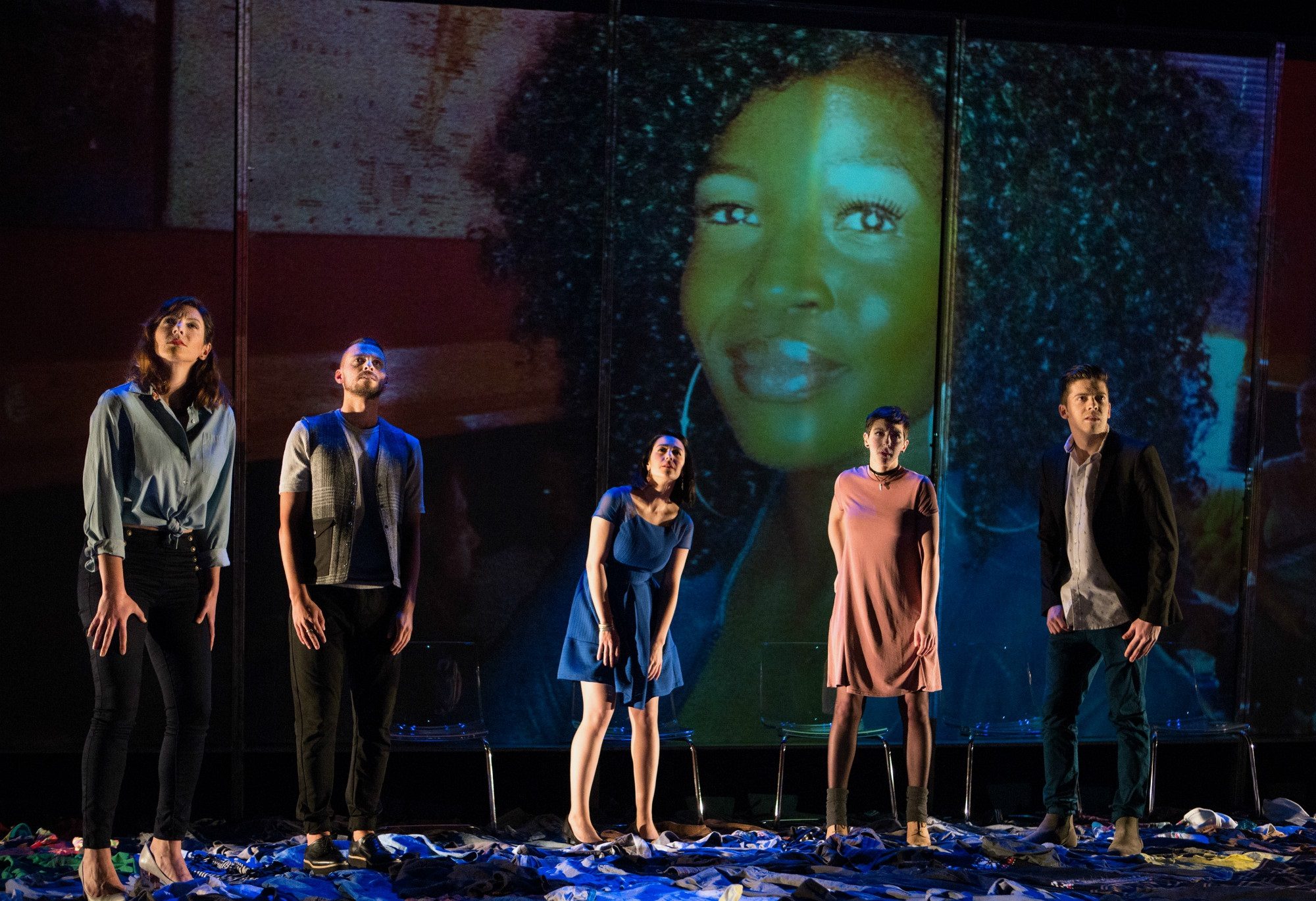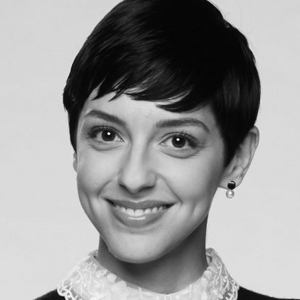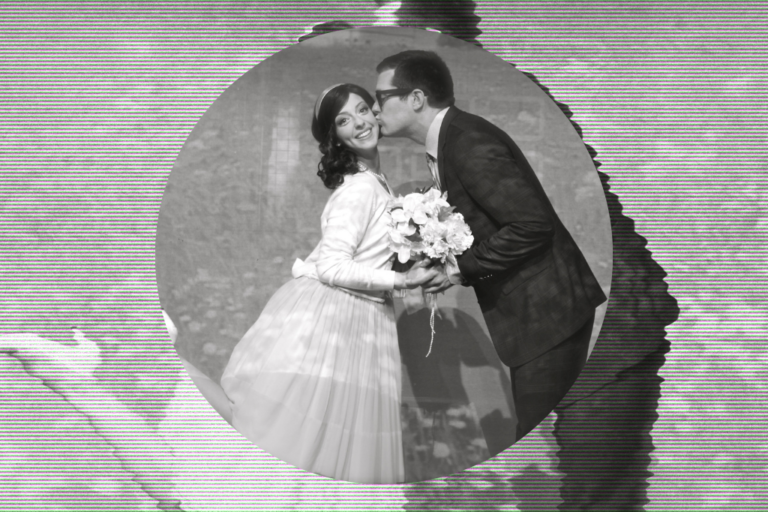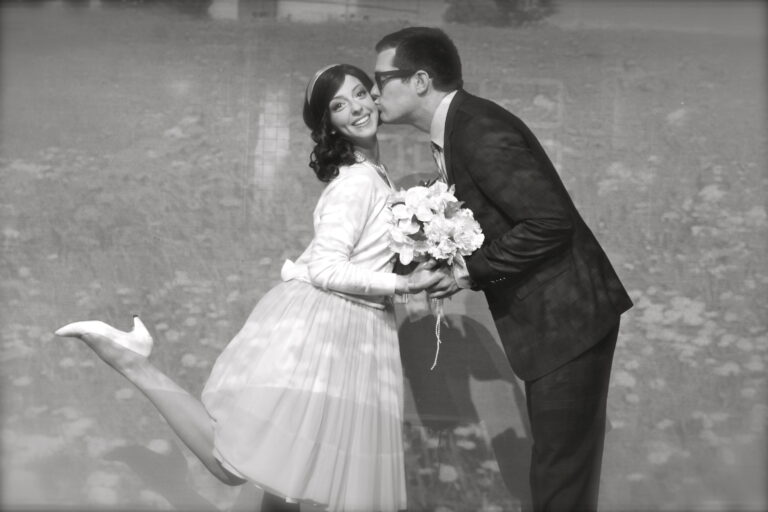Franglais
Hello/Bonjour.
French is my first language. We’ve had a weird relationship my entire life. Weirder than any relationship I’ve ever had with any of my ex-boyfriends. (Hi guys!) It’s been a long love/hate relationship.
I was born in Longueil, Quebec and I grew up in Ottawa, Ontario for most of my melodramatic drama-queen childhood and my years as an angsty teenager/straight-A student/musical theatre nerd. I’m 100 percent Italian by blood, if you hadn’t noticed by my last name, which is a whopping sixteen letters and eight syllables. (Yes, it took me a really long time to learn how to spell it as a kid, and no, it doesn’t fit on most forms.) I speak English and French fluently, and I also speak very basic Italian really, really badly. (I can also juggle with three balls and I love cats and making crafts, just in case you were wondering.)
As a teenager, speaking French totally wasn’t cool. All of the kids at school would speak English in the hallways when the teachers were out of earshot. I had a heavy French Canadian accent until I was in my late teens; you can hear it for yourself in old cringe-worthy videos of me on Canadian Idol (casual reality TV name drop). Today, people usually don’t even know I’m a francophone or that I speak French at all. French has become my party trick. (Along with juggling, of course.)
I did everything outside of school in English: acting, singing, dancing. But at home, I spoke French with my family. I grew up watching Passe-Partout, not Sesame Street. If you asked me to sing a Disney song, I knew the lyrics in French. Most of my life, vocabulary and knowledge was shaped by the French language, no matter how anglophone I wanted to be.

Five Faces for Evelyn Frost. Photo by Cylla von Tiedemann
In my first musical theatre class, I didn’t know what the word “prop” meant. When I applied for post-secondary education in theatre, I had to take a special test to prove I was a sufficient English speaker. Even though I drank far too many Red Bulls before the test and had the shakes for three hours and thought I was hallucinating, I passed, and English finally became my language of choice. I started dreaming and thinking in English. And over the past (almost) decade, I’ve been working professionally in the English musical-theatre scene, with the odd French gig here and there. As the years passed, my French Canadian heritage faded into the background. Until now.
I’m currently performing in Five Faces for Evelyn Frost by Quebecois virtuoso playwright Guillaume Corbeil in a historic co-production between Canadian Stage and the Théâtre français de Toronto. Five bilingual actors, including myself, will be performing the show in English and French.
Boy oh boy, let me tell you, what an interesting, stimulating, inspiring, invigorating, challenging, and absolutely terrifying experience this has been. In plainest words, doing this show in two languages has been fucking hard. (Pardon my French.) It’s really hard. It’s the hardest thing I’ve ever had to do in my entire career so far, and this is coming from a girl who played Jean Valjean in my high school’s production of Les Misérables where none of the musical numbers were transposed. (Special skills: tenor.)
Between you and me and thousands of people on the Internet, when I auditioned for this show, I was absolutely convinced that I had not booked it. As I walked out of the audition room, the only thing that comforted me was this thought: “Well, I don’t envy the poor actors who are going to have to learn this thing in two languages! Joke’s on them!”

A week later, on a fateful day in November 2015, I got an email telling me that I had booked it. I started the daunting task of memorizing the English script in July 2016… and I was working on it right up until opening. There is always a CAN in DiDomenicantonio!
The script is really, really tricky. It has required hours of blood, sweat, tears, wine… and fear. Steven McCarthy, who translated the text, described it as “the Beckett of Facebook.” The play lives in the world of ME, ME, ME and I, I, I, set against the backdrop of social media, kind of like a live Facebook feed, where new statuses and selfies are posted at breakneck speed. That’s one of the play’s many unique challenges as an actor. It’s an hour and ten minute–long marathon of words; it’s the Olympics of memorization and verbal gymnastics.
The play consists of five nameless, archetypal characters profiling themselves: listing off bands, movies, books, plays, trips, politics, friends, virtual feelings, experiences—everything from the mundane to the extreme. They’re in a constant race to surpass one another.
Performing this show feels more like a magic trick than a play. All five of us are soloists in a concerto that sounds immediately dissonant if an error is made.
When we started rehearsals, I was in a room full of people who could seamlessly float from one language to the next, sometimes even mid-sentence. I had found my people. But, for me, there was still the ESL struggle.
“English as a second language” has always been a dirty expression in my books. I often jokingly brush off mispronounced or misused words and vocabulary mistakes by saying: “Sorry, I’m ESL.” The fact is, my mind is a linguistic battlefield most of the time: when I’m speaking English, sometimes only the French word comes to mind, and when I’m speaking French, sometimes only the English word comes to mind. A friend recently said to me: “Doesn’t it suck now that you’re kind of shitty at two languages instead of being really good at one?” Yeah, thanks, I guess?
There are so many challenges associated with learning and speaking a text in two languages. For me, English is more cerebral and French is more visceral. One comes from my head and the other comes from my gut.
I’m a Quebecoise at heart and my emotional experience is entangled with and was built on the foundation of speaking French. I’ve felt all of my first emotions in the French language: anger, love, passion, sadness. (Sounds like the plot for the sequel of Inside Out, doesn’t it?) When I get angry in French, my stomach feels like it’s on fire, and when I get angry in English, the blood rushes to my head. (Don’t make me angry just to find out what this looks like in person, it’s not pretty in either language.)

Five Faces for Evelyn Frost. Photo by Cylla von Tiedemann
Technically speaking, learning Five Faces for Evelyn Frost in both languages is challenging because everything is different: musicality, emphasis, turns of phrases, consonant and vowel sounds, tone of voice, breath, and sounds. They literally originate and resonate from different parts of my body and of my mouth. My singing teacher used to always tell me that my technique was better when I sang in French because my voice placement was higher and more focused than it was in English.
In rehearsals, Joel Beddows, the artistic director of Théâtre français, told me after a run-through that I sound like an anglophone. The teenager inside of me was so proud that I had finally annihilated my accent, but the adult part of me was saddened.
I count myself so lucky to have been immersed in two different cultures growing up. And while I distanced myself from French by choice as a teenager, this play has made me reconnect with it and fall in love with the language in a way I hadn’t before.
Working on this play has been like learning two different shows. But where the language differs, the content and emotion remains intact. It is affecting and effective in both versions. In fact, this show could be translated and performed in a thousand languages, anywhere in the world today, and be compelling and current. (The author, Guillaume Corbeil, is currently in Cuba attending the Spanish premiere.)
Now, wish me luck! In English we say “Break a leg!” and in French we say “Merde!” which translate, respectively, to “Casse une jambe!” and “Shit!”
Thank you/Merci.
Five Faces of Evelyn Frost is on at Canadian Stage in English until March 5. It runs again in French (with English subtitles) from March 21 to March 25.
For tickets or more information, click here










Comments